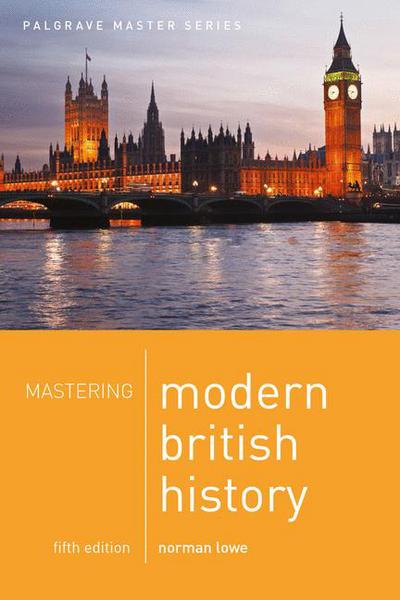


Are you sure you want to reset the form?
Your mail has been sent successfully
Are you sure you want to remove the alert?
Your session is about to expire! You will be signed out in
Do you wish to stay signed in?
The campaign for parliamentary reform
Read Sources A to G and then answer the questions that follow.
| A speech by Lord John Russell in the House of Commons when he introduced his first Reform Bill, 1 March 1831. What then would be the surprise of a stranger from afar if he were taken by his guide, whom he had asked to conduct him to one of the places of election, to a green mound, and told that this green mound sent two members to parliament. Or if he were shown a green park with many signs of flourishing vegetable life but none of human habitation, and told that this green park sent two members to parliament. But his surprise would increase to astonishment if he were carried into the North of England, where he would see large flourishing towns full of trade and activity, and were told that these places had no representatives in the assembly which was said to represent the people. Thus the confidence which the people used to have in the construction and constitution of the House of Commons is gone for ever. The whole people call loudly for reform. Source: Hansard; quoted in L.Evans and P.J. Pledger, Contemporary Sources and Opinions in Modern British History, Vol I, Warne, 1967. |
| Extracts from The Extraordinary Black Book, written to draw attention to the faults of the system; published 1831 The great fount of evil is the rotten boroughs, from which has flowered national calamities, ruinous wars, lavish expenditure and enormous debt. They are the obstacle to every social improvement - civil, commercial, legal and ecclesiastical. By means of them the nobility have been able to double their private incomes and to fill every lucrative office in the army, navy and public administration with their friends and dependants...Because of the boroughs, all our institutions are oppressive and aristocratic...The aristocratic spirit pervades everything...all is privilege. At Nottingham, one gentleman confessed to having paid out in the election of 1826, above £3000 in bribery in a single day...At Hull, one of the sitting members dared not appear before his constituents because he had not paid ‘the polling money’ for the last election. Source: Quoted in D. Holman (ed.), Portraits and Documents: Earlier Nineteenth Century, Hutchinson, 1985. |
| A speech by the Duke of Wellington in the House of Lords, 2 November 1830. He was fully convinced that the country possessed at the present moment a legislature which answered all the good purposes of legislation, and this to a greater degree than any legislature had ever answered in any country whatever. He would go further and say that the legislature and the system of representation possessed the full and entire confidence of the country...the representation of the people at present contained a large body of the property of the country and the landed interests which had a predominant place. Under these circumstances he was not prepared to bring forward any measure [of reform]. Source: As Source A. |
English boroughs and their electors in 1830
|
Analysis of the House of Commons elected in 1830; total number of MPs - 658.
|
| Report of a meeting held on Hunslet Moor (near Leeds), 20 September 1819. It was resolved that a reform in the Constitution of the Commons House is an absolute necessity, the present corrupt system having nearly produced a disruption of society. Therefore in order to put an end to these great and national evils, we deem it vital that the present System of Electing Members to Parliament should be abolished and the Elective Franchise be extended to all persons who are called on to contribute, either by taxes or labour, to the support of the State, and that Elections be taken by the ballot annually. Source: Quoted in D.G. Wright, Democracy and Reform 1815-85, Longman, 1970. |
| Speech by Sir Robert Peel in the House of Commons, 21 September 1831. This Bill [the Reform Bill] does not violate the forms of the constitution - I admit it, but I assert that, while it respects those forms, it destroys the balance of opposing powers; it is a sudden and violent transfer of an authority which has until now been shared by all orders in the state, exclusively to one. Source: Hansard; quoted in D.G. Wright (see Source F). |
